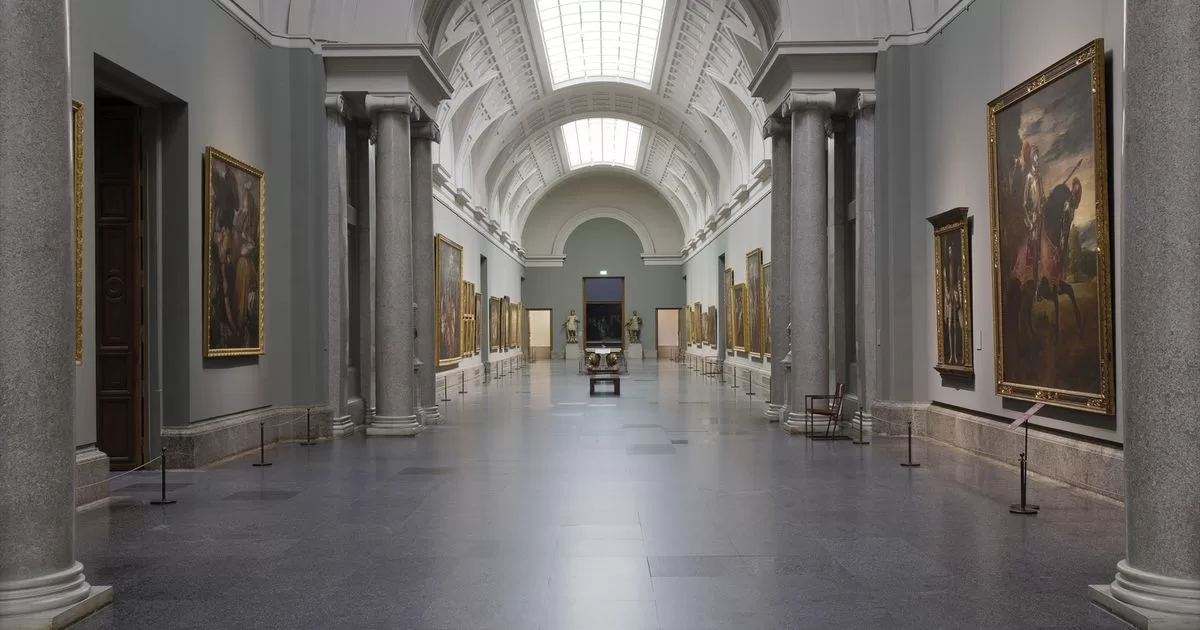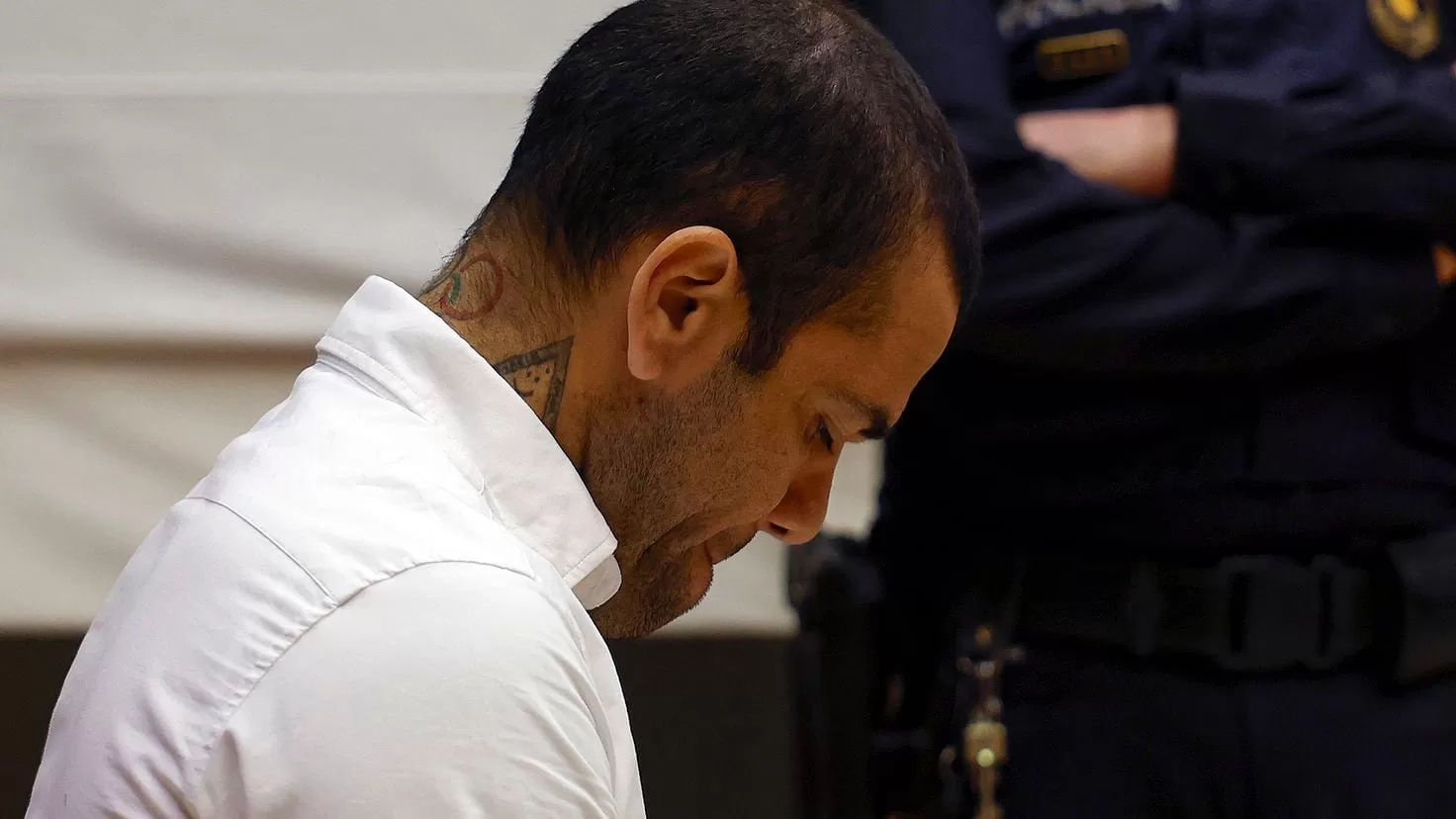MADRID.- a famous paint of Rafael presents a face that was not created by the Renaissance master, according to a new analysis of artificial intelligence (IA).
Experts from the Universities of Nottingham, Bradford and Stanford have used deep algorithmic feature analysis on the Madonna della Rosa (Madonna of the Rose) and have discovered that, while most of the painting is in fact by Raphael, the Joseph’s face is probably not constructions from the same hand.
The Madonna della Rosa, on display at Madrid’s Prado Museum, has intrigued art experts, with some, including Raphael scholar Professor Jurg Meyer zur Capellen, suggesting that a disciple of Raphael, Giulio Romano, may have have contributed. One theory is that the rose and bottom may have been painted by someone else. However, new analysis reveals that the lower part of the painting is most likely by Raphael.
Report data
Professor Hassan Ugail, director of the Center for Visual Computing and Intelligent Systems at the University of Bradford, devised the algorithm that recognizes authentic works by Raphael, with 98% accuracy.
He explains in a statement: “When you present an image to the computer, it will give you a binary classification of whether it is an authentic Raphael or not, with 98% accuracy. We can now say with great confidence whether a painting is an authentic Raphael or not. “.
“When we tested the Della Rosa as a whole, the results were inconclusive. So, we tested the individual parts and, although the rest of the image was confirmed to be of Raphael, it is most likely that José’s face was not that of Raphael. Raphael.”
“This analysis of artist Raphael’s artwork presents an objective and quantifiable approach, using machine learning, for the classification of painted images. It promises to be a useful and additional tool in future research of this nature, alongside well-established methods such as such as spectroscopy. It is adaptable because other artists’ works can be examined using the same technique, and this is the aim of future research,” said Dr Christopher Brooke, honorary research fellow at the University of Nottingham.
An article about the work has been published in the journal Heritage Science.




